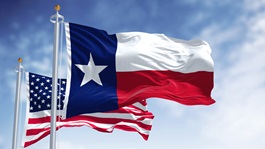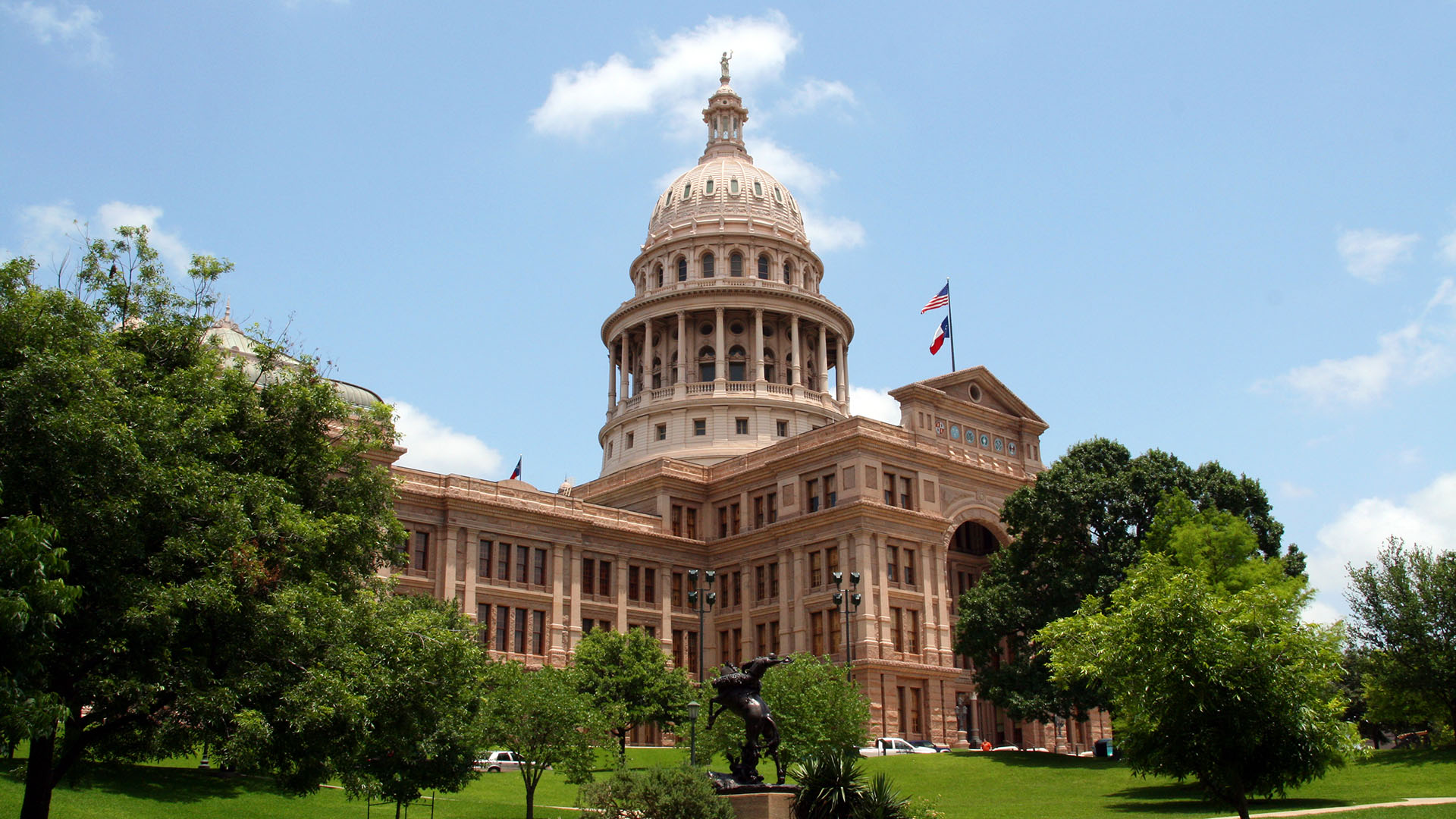
Publication
Year in review: Texas Business Court key discovery rulings
In its first year, the Texas Business Court has issued forty-two written opinions on a number of dispositive and discovery-related issues.


United States | Publication | June 2025
On May 28, 2025, the 89th Texas Legislature passed House Bill 40, which expands the jurisdiction of the Texas Business Court and opens the door to the creation of additional Business Court Divisions in the future. H.B. 40 was authored by Texas State Representatives Brooks Landgraf, Morgan Meyer, Jeff Leach, Mike Schofield and Marc LaHood. Those authors noted that the first nine months of the Business Court’s operation period has “revealed areas in need of refinement.”1
H.B. 40 proposes to make several amendments to the Texas Government Code. The biggest proposed changes include: (1) reducing the required amount in controversy and expanding the definition of “qualified transaction,” (2) creating Business Court jurisdiction over arbitration, intellectual property and trade secret disputes, (3) tweaking the Business Court’s jurisdictional procedures and (4) establishing physical chambers for the Business Court’s judges and extending the Eleventh District’s geographical boundaries.
H.B. 40 cleared the Texas House of Representatives on May 13, 2025, and the Texas Senate on May 25, 2025. The House and Senate conferred regarding the Senate’s amendments; H.B. 40 was approved by both chambers on June 1 and enrolled on June 2.
H.B. 40 lowers the minimum amount in controversy in commercial disputes from US$10 million to US$5 million, excluding interest, attorney’s fees and certain costs. That means that the Business Court’s amount in controversy requirement for commercial claims now matches the requirement for corporate governance disputes involving privately held entities.
H.B. 40 also expands the definition of “qualified transaction,” clarifying that a “qualified transaction” can be a single transaction or a series of related transactions.
H.B. 40 also enlarges the court’s jurisdiction to hear additional types of cases.
In the arbitration context, the Texas Business Court now has jurisdiction over actions to enforce arbitration agreements, appoint an arbitrator and review an arbitral award, as long as those disputes would otherwise satisfy the court’s subject matter jurisdiction requirements. Specifically, H.B. 40 modifies the Texas Arbitration Act (Chapter 171 of the Texas Civil Practice and Remedies Code) to provide for venue in the Business Court for pre-arbitration applications, ancillary arbitration-related applications and confirmation and vacatur proceedings.
H.B. 40 amends Texas’s “Arbitration and Conciliation of International Commercial Disputes” act (Chapter 172 of the Texas Civil Practice and Remedies Code) to give the Business Court jurisdiction over applications for assistance with taking evidence, interim measures and consolidation.
H.B. 40 amends Chapter 51 of the Civil Practice and Remedies code to allow for interlocutory appeals from the Business Court on the same bases that allow for appeal from district court orders, including orders denying motions to vacate arbitration awards. And H.B. 40 similarly amends Chapter 51 to authorize interlocutory appeals from Business Court for any order that would be appealable under the Federal Arbitration Act.
Finally, H.B. 40 grants the Business Court subject matter jurisdiction over matters relating to intellectual property and trade secret disputes. This could allow the Business Court to hear cases that otherwise would not appear to arise out of a “qualified transaction.”
H.B. 40 also requires the Texas Supreme Court to promulgate rules for the “prompt, efficient and final determination of business court jurisdiction on the filing of an action in the business court.”
The Supreme Court is permitted to consider establishing “limited period during which issues or rights must be asserted, considered agreed to or waived.” This is especially interesting because usually subject matter jurisdiction cannot be waived or agreed to. Dubai Petroleum Co. v. Kazi, 12 S.W.3d 71, 76 (Tex. 2000) (“[S]ubject-matter jurisdiction is a power that ‘exists by operation of law only, and cannot be conferred upon any court by consent or waiver . . . .’”).This is likely a response to the fact that many of the Business Court’s first opinions have dealt with subject matter jurisdiction. These rules would provide for speedy resolution of jurisdictional issues, as well as providing finality to the Business Court’s jurisdictional determinations.
The Supreme Court may also establish rules that allow the Business Court’s jurisdictional determinations to be reviewed “by another judge or panel of judges, including a regional presiding judge or the administrative presiding judge of the Business Court,” which is Judge Dorfman of the Eleventh Division. Further, the Supreme Court can pass rules that either “allow, require or prohibit interlocutory appeals,” “provide for accelerated appeals” or “provide for any other procedures necessary for the prompt, efficient and final determination of Business Court jurisdiction.”
H.B. 40 provides that each Business Court judge shall maintain chambers in the county with the largest population (or an immediately adjacent county) within the division’s geographic boundaries, unless the chief justice of the Texas Supreme Court approves locating a judge’s chambers in another county within the division.
H.B. 40 also changes prior practice of allowing the Business Courts to use existing courtrooms and, instead, requires counties to accommodate the Business Courts with their own “courtrooms and facilities equivalent to those provided to district courts.”
H.B. 40 also establishes the Second, Fifth, Sixth, Seventh, Ninth and Tenth Business Court divisions that were not originally made operational, although those divisions will not be staffed unless and until the legislature funds the divisions. The legislature’s fiscal note anticipates that the initial act of creating those six divisions, with one judge per division, would cost US$12 million in 2026, and would cost approximately US$7.5 million per year from 2027 through 2030.
Finally, H.B. 40 expands the Eleventh Division’s geographic boundaries, adding Montgomery County to the Eleventh Division.
H.B. 40 now heads to Governor Abbott’s desk to be signed.

Publication
In its first year, the Texas Business Court has issued forty-two written opinions on a number of dispositive and discovery-related issues.
Subscribe and stay up to date with the latest legal news, information and events . . .
© Norton Rose Fulbright US LLP 2025